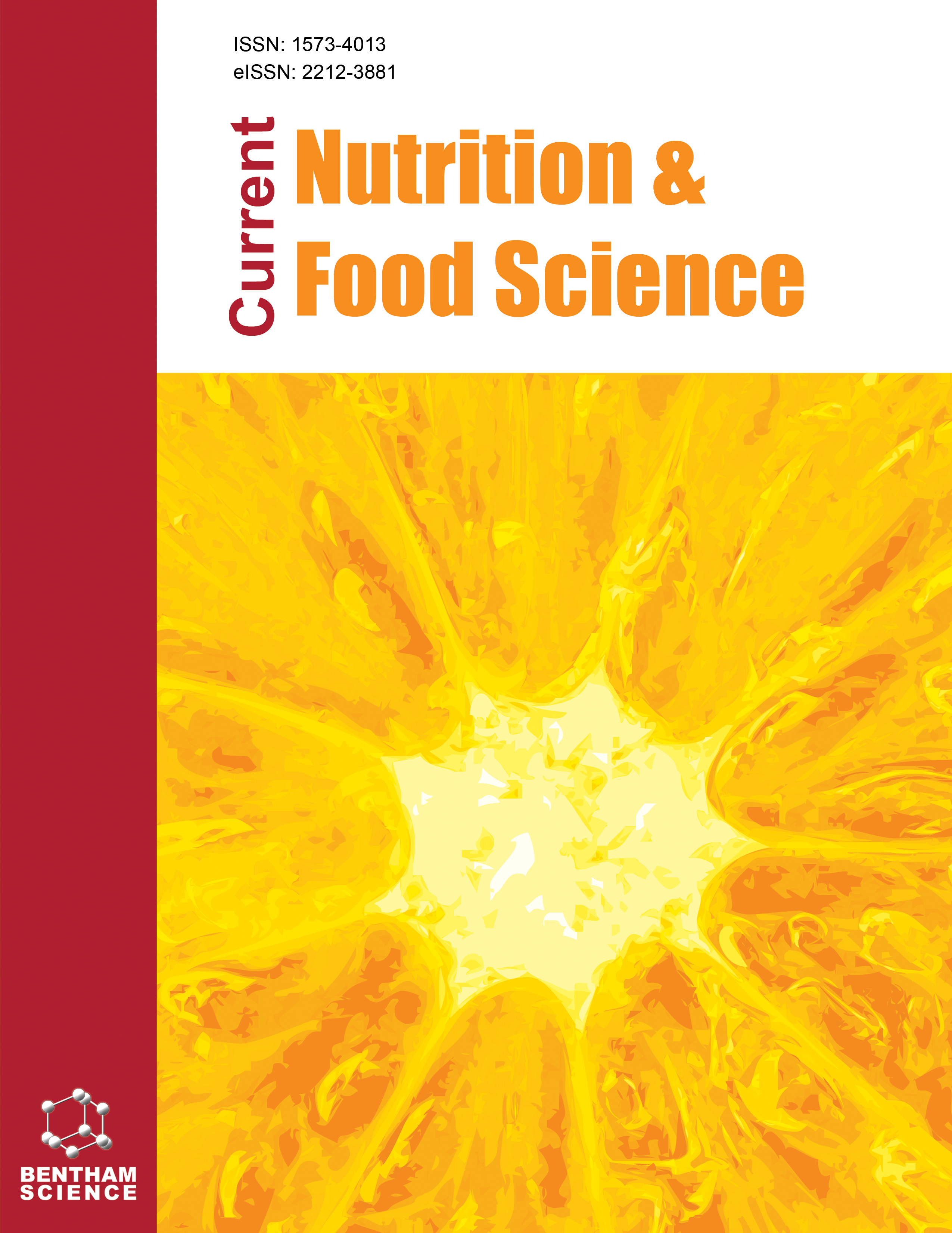
Full text loading...

Minerals are a key component in the nutrition of animals. The body requires several minerals to maintain its proper functioning. Soft tissues are structurally composed of minerals. These chemical elements are involved in various metabolic reactions in all mammals. These are essential for maintaining osmotic pressure, tissue structures, such as teeth and bone, and acid-base balance for the body's pH neutrality. Minerals influence the productive and reproductive efficiency of almost all species. They account for approximately 5% of total body weight and are involved in most metabolic reactions that occur both inside and outside the cell. Macro-minerals are the major minerals that the body needs in large amounts for bodily functions and metabolic activities. Trace minerals are the micronutrient components that are required for the development, production, and reproduction of animals. Shortages of these minerals can lead to various symptoms and pathological illnesses. Mineral deficits can also cause animal reproductive issues, as minerals are needed for their health and reproduction. The diagnosis of mineral deficiency can be made by recognizing symptoms that cause a decrease in the production and reproduction of animals. An adequate mineral labelplementation as per each mineral's requirement can be beneficial to provide the specific necessary elements, particularly in areas where they are known to be low in forages or soil. This article will help identify specific deficits in animals that may decrease growth or production. Also, it will aid in the formulation of mineral supplements that can alleviate the mineral deficiencies in farm animals.

Article metrics loading...

Full text loading...
References


Data & Media loading...